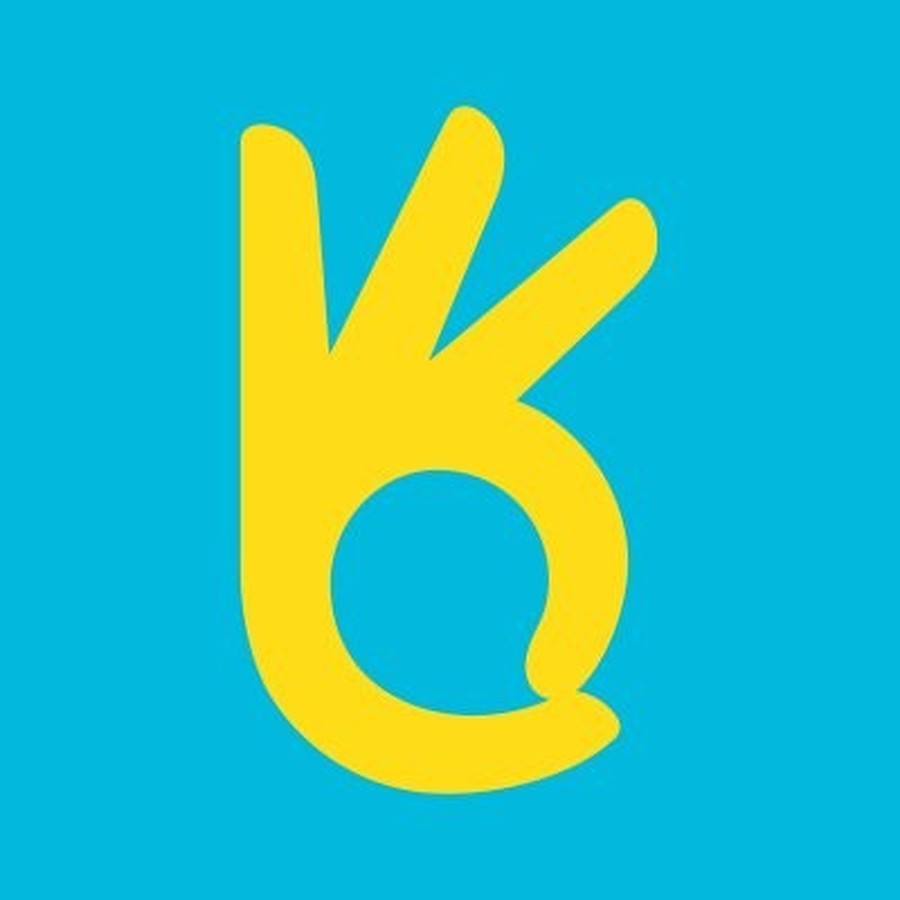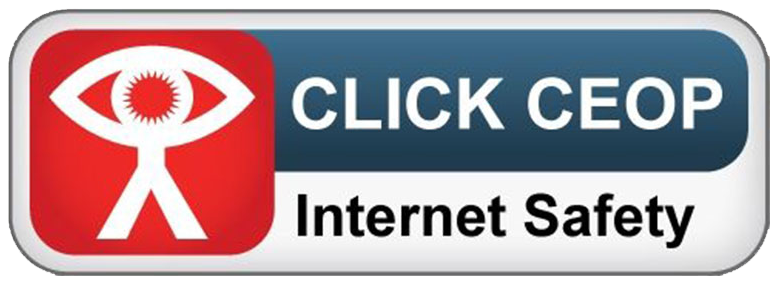EYFS Profile 2021
Early Years Foundation Stage (EYFS) is how the Government and early years professionals describe the time in your child’s life between birth and age 5. The Early Years Profile is a handbook which sets out how professionals deliver and assess your child’s development at the end of EYFS.
The EYFS is underpinned by key four principles:
- A unique child
- Positive relationships
- Enabling environments
- Learning and development
These four principles are taken into consideration through every stage of our planning, delivering and assessment.
Our curriculum is based upon 7 broad areas of learning; each child's progress and development is reported to the Department for Education at the end of their Reception year against set Early Learning Goals. These areas of learning include:
The Prime Areas
- Personal, Social and Emotional Development through which children gain confidence and self-awareness, the ability to manage their feelings and behaviour and learn about building effective relationships with others.
- Communication and Language through which children learn about listening, attention, understanding and speaking.
- Physical Development which emphasises gross and fine motor skills in moving and handling.
The Specific Areas
- Literacy: Early reading and writing skills, explicit daily teaching of phonics, recognising common and irregular words, reading and understanding simple sentences and talking about what they have read; children will begin to use their phonic knowledge to build and write words and construct simple sentences.
- Mathematics: Based around counting reliably from 1-20, understanding number order and beginning simple addition and subtraction; children will also experience solving mathematical problems.
- Understanding the world: Enables children to base their learning on what they understand of the world around them through talking about past and present events within their own families, being aware of the differences and similarities between others and among families, communities and traditions; children will observe the differences in their environment, learn about plants and animals and talk about changes.
- Expressive Arts and Design: Children will sing songs and create their own music and dance. They explore a range of materials, tools and techniques to look at different colours, design and texture in their artwork and are given opportunities to be imaginative through art, music, role play and stories.
‘What to expect when’ - a guide for parents



